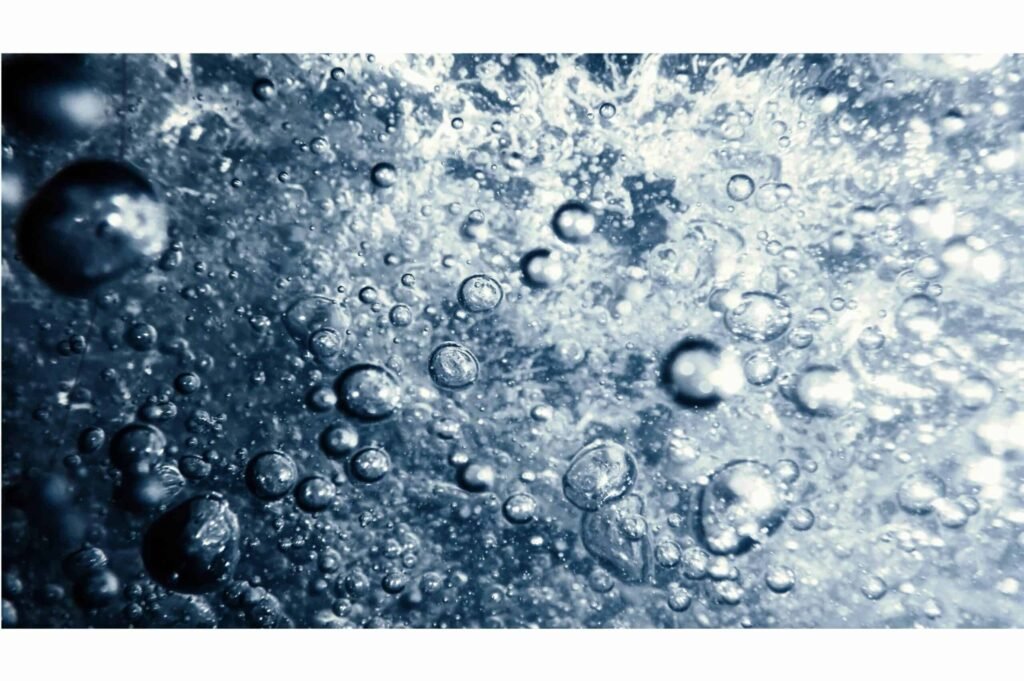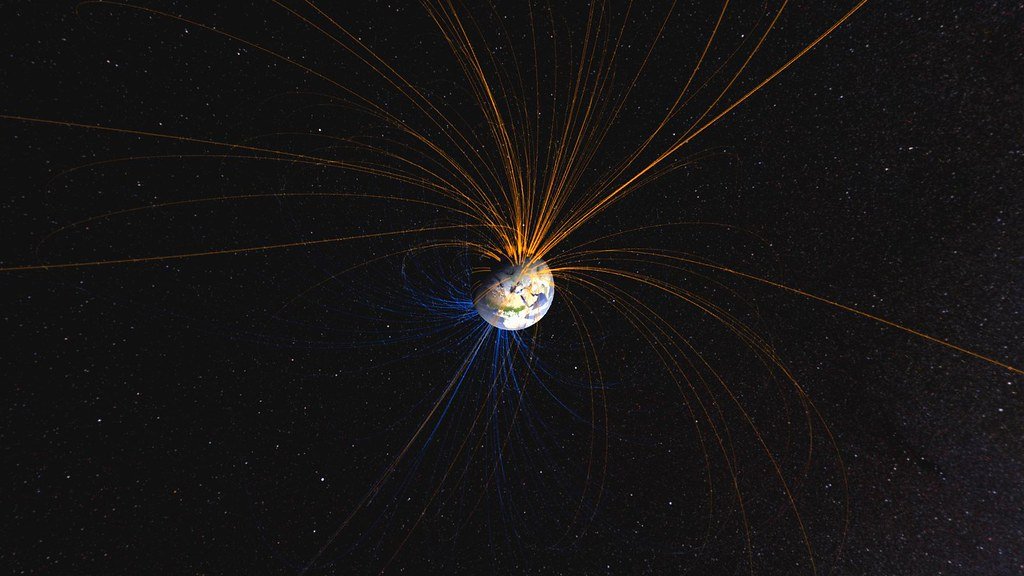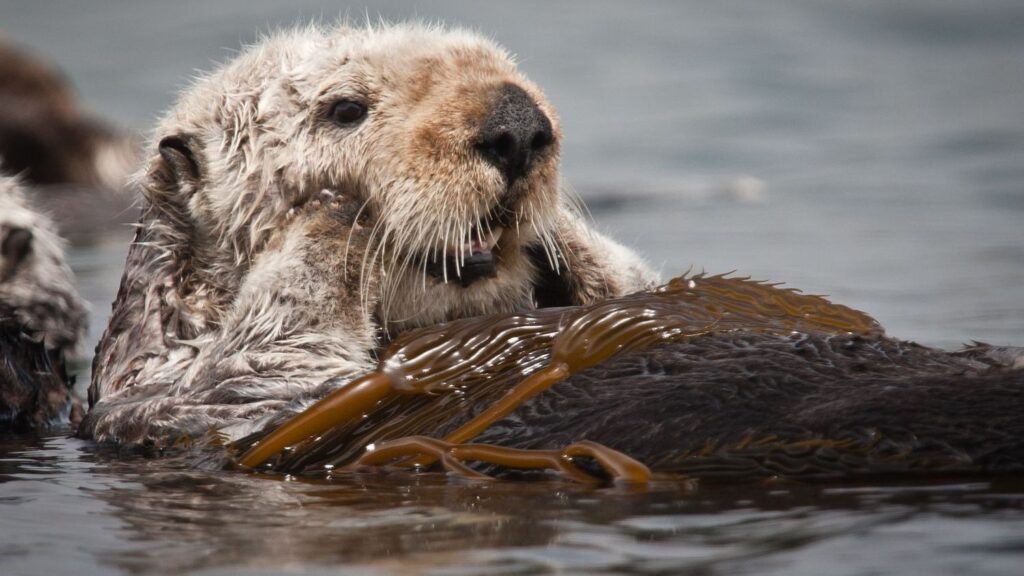The ocean, a vast and mysterious realm, teems with life—both seen and unseen. Among the invisible inhabitants of these watery worlds are microorganisms, the tiny agents driving essential processes that sustain marine ecosystems. Though often overlooked due to their microscopic size, these microorganisms play crucial roles in maintaining the health and balance of oceanic life. This article delves into the pivotal role of microorganisms within marine ecosystems and why they are vital to our planet’s wellbeing.
The Foundation of the Marine Food Web

Microorganisms are the building blocks of the marine food web. Phytoplankton, a type of photosynthetic microorganism, converts sunlight into energy through photosynthesis, producing oxygen and forming the base of the marine food chain. Without these primary producers, marine ecosystems would lack the energy needed to support diverse aquatic life, from tiny zooplankton to massive whales.
Oxygen Production and Carbon Sequestration

Phytoplankton are responsible for producing nearly half of the world’s oxygen, offering a vital contribution to the planet’s atmosphere. Moreover, they play a crucial role in the global carbon cycle by absorbing carbon dioxide during photosynthesis. This process helps regulate atmospheric carbon levels, mitigating the effects of climate change—a testament to their broader environmental importance.
Nutrient Cycling and Remineralization

Microorganisms are key players in nutrient cycling within the ocean. Bacteria and archaea help break down organic matter, returning essential nutrients such as nitrogen, phosphorus, and sulfur back into the environment. This cycling is crucial for sustaining the productivity and health of marine ecosystems, ensuring that nutrients are available for various forms of marine life.
The Role of Microbes in Symbiotic Relationships

Many microorganisms form symbiotic relationships with other marine organisms, offering mutual benefits. For example, certain bacteria live within the tissues of coral reefs, assisting in nutrient exchange and promoting coral health. Similarly, bioluminescent bacteria inhabit certain fish and squid species, providing these hosts with the ability to emit light—a tool for communication, hunting, or evasion.
Microorganisms as Environmental Indicators

Changes in the composition and abundance of marine microorganisms can indicate shifts in environmental conditions. Scientists study microbial communities to monitor ocean health and detect changes caused by pollution, climate change, and other anthropogenic impacts. Microorganisms act as sensitive indicators, helping to inform conservation strategies and management practices.
Bioremediation: Nature’s Cleanup Crew

Certain microorganisms have the remarkable ability to degrade pollutants, making them vital to bioremediation efforts. After oil spills, for example, specific bacteria can break down hydrocarbons, mitigating the spill’s impact on marine life. By harnessing their natural capabilities, scientists use these microbes to clean up contaminated environments, proving them indispensable in environmental restoration.
Disease and Pathogen Control

Microorganisms can play a dual role in marine ecosystems concerning diseases. While some microbes are pathogens that cause diseases in marine organisms, others serve as natural disease controllers. Beneficial bacteria can outcompete harmful pathogens, providing essential checks and balances in maintaining marine ecosystem health.
Biological Diversity and Evolution

The vast diversity among marine microorganisms is a testament to their evolutionary success. This diversity enables ecosystems to adapt to changes and resist disturbances, promoting resilience. Microorganisms’ ability to evolve quickly allows them to occupy various niches and perform functions vital to ecosystem stability.
Innovations from the Ocean: Bioprospecting and Biotechnology

The marine environment is a hotbed of potential innovations, where scientists explore microorganisms for new products and solutions. Enzymes derived from marine bacteria are used in industrial applications, while compounds from marine microbes have potential in pharmaceuticals, providing novel treatments for various diseases.
Conclusion: Small but Mighty Stewards of the Sea

Microorganisms may be invisible to the naked eye, but their impact on the ocean and our planet is monumental. They are not just passive dwellers of the seas but active participants in essential ecological processes. By understanding and appreciating their roles, we can better protect marine ecosystems and leverage their capabilities to address environmental challenges. As stewards of the ocean, microorganisms remind us that even the smallest beings can wield immense influence over the natural world.




